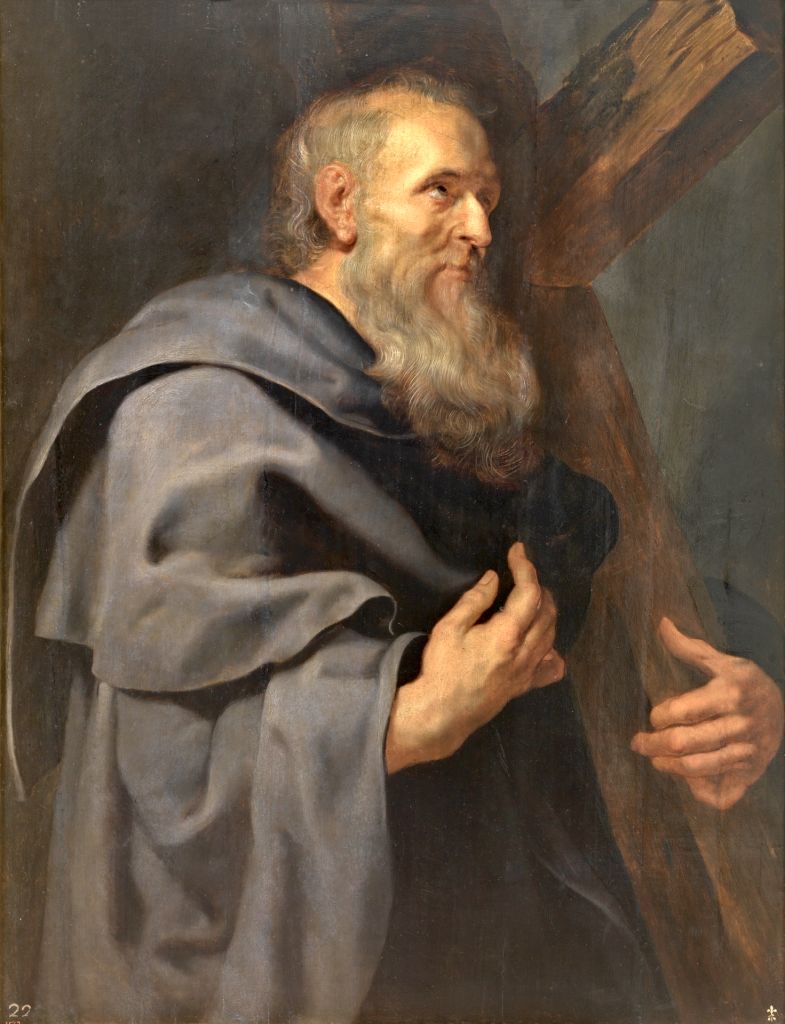Having looked recently at cross-cultural missionaries from the pages of the New Testament, it struck me that I couldn’t do that without talking about Philip. In the pages of Acts this remarkable brother models what a cross-cultural missionary should look like.
1. He had a good foundation with the Lord in his local church. We first meet Philip in Acts chapter 6 because there is a fight going on between different groups of widows in the early church. The widows from outside Jerusalem felt they were being treated unfairly. True or not, the early church acted. They appointed “seven men of good reputation, full of the Holy Spirit and wisdom” (Acts 6:3). Philip was one of the seven. He was not only one of those who was full of the Holy Spirit, but also full of contrasting and carnal characteristics. He had a good reputation and wisdom and he could be trusted. He wasn’t the leader of the group. Steven was. Philip could serve without needing to be the leader or being noticed. The missionary gets off the plane exactly the same person as the one who got on the plane. If he or she is not an anointed servant at home, he or she is not going to be a servant on the field.
2. Philip could handle set-backs. That period of Jerusalem service was interrupted by the stoning of Steven which led to a great persecution against the church (Acts 8:1). The disciples had to run for it and were scattered. Philip went down to a city of Samaria (Acts 8:4-5). He didn’t hide. He carried on doing exactly what he had done in Jerusalem.
• He proclaimed the Christ to the people, and performed miracles and cast out unclean spirits (Acts 8:6-7).
• Many in Samaria believed Philip’s preaching about the kingdom of God and the name of Jesus Christ, and were baptised (Acts 8:12).
• A prominent sorcerer named Simon also believed and was baptised (Acts 8:13).
He had his life seriously interrupted, his community was scattered. He was separated from his church leadership. But he saw that as a missionary opportunity to reach the Samaritans. He faced that crisis by simply moving into a cross-cultural mode and not a Jerusalem mode.
3. He recognised his missionary service needed the help of others. It was not a one-man show. Peter and John came down and visited the work. They saw that Simon the sorcerer was not saved at all. Peter confronted Simon in no uncertain terms: “You have neither part nor portion in this matter, for your heart is not right in the sight of God” (Acts 8:21). Philip did not explode because his prime convert was being removed. He was submitted to apostolic authority; he accepted Peter’s anointing in this matter. He also allowed Peter and John to pray for his new converts to be filled with the Holy Spirit (8:15). Phillip saw this oversight as beneficial to the new church in Samaria, not as a challenge to his status.
4. Philip could let go of his position. He was settled as a successful senior pastor of a thriving church. But the Lord came in and interrupted the party: “Now an angel of the Lord spoke to Philip, saying, ‘Arise and go toward the south along the road which goes down from Jerusalem to Gaza’” (8:26). The angel as it were handed him a one-way ticket to walk away from his successful ministry in Samaria.
Then, on the road from Jerusalem to Gaza he encountered an Ethiopian eunuch, a court official of the Candace, queen of the Ethiopians. Philip explained the Scriptures to the eunuch, led him to faith in Christ, and baptised him (Acts 8:27-39).
If Philip was thinking that he was now about to be chaplain to a cabinet official and enjoy a comfortable lifestyle, he was wrong. Philip was “caught away” by the Spirit of the Lord and found himself in Azotus. He then preached the gospel in all the towns until he came to Caesarea (Acts 8:40). He let God so he could let go.
5. Philip worked cross-culturally. The conversion of the Ethiopian represented the gospel reaching a new, non-Jewish audience. The Ethiopian eunuch was a Gentile, demonstrating that the message of Christ was not limited to the Jewish people.
6. Philip trusted God for his future – one that was not in Samaria or in Ethiopia. Luke gives one other reference to Philip in Acts 21. Paul is on his way to Jerusalem passing Caesarea and we are told: “we entered the house of Philip the evangelist, who was one of the seven, and stayed with him. Now this man had four virgin daughters who prophesied. And we stayed many days…” (21:8-10). Philip was married with a family that included four godly daughters who prophesied. The Lord had blessed him with a God-centred family.
It is hard to improve on the life of this amazing cross-cultural missionary.



